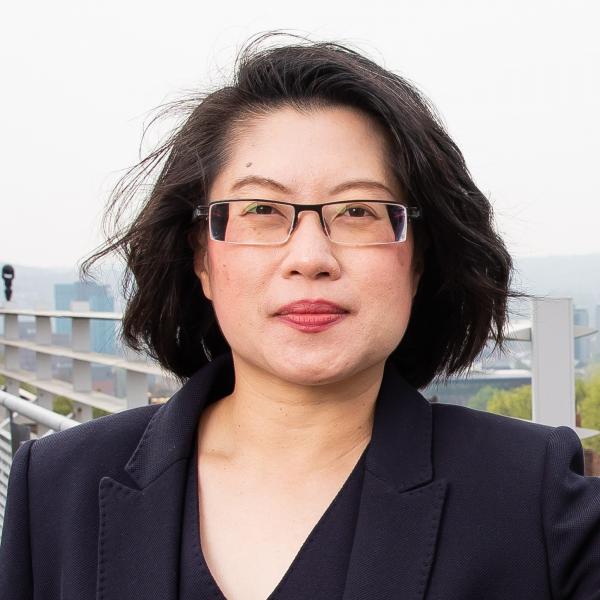Transforming supply chains for a truly sustainable future
from Professor Lenny Koh

"To build a truly sustainable future, we must first transform our supply chains.
We live in a world where global disruptions are no longer theoretical. A simple chip shortage can halt production lines worldwide. A disruption to the energy grid can bring an entire airport to a standstill. These are not isolated incidents; they are signals that our old models are no longer sufficient. The scarcity of critical materials, geopolitical tensions, and climate change are all factors that can - and do - expose the vulnerabilities of our interconnected systems.
My research cuts across engineering, management and the social sciences, and it's driven by the core belief that our future depends on creating supply chains that are resource-efficient, sustainable and resilient, in particular for critical resources.
I work with industry partners to turn these challenges into actionable solutions, creating significant and global impact and ensuring we are future-ready. One of the most rewarding examples is our collaboration with Rolls-Royce. We developed a future-proof supply chain resilience and security tool, which has been adopted by industry to improve complex supply chains. Embedding resilience and sustainability from the design stage is not an afterthought, it's a necessity.
Another element of my work is focused on the future of steel and semiconductors - key resources that have been exposed to significant vulnerability, as we've recently seen in the news. My research aims to create green steel and compound semiconductor supply chains that can withstand this sort of shock by combining new technology, materials and business models. Steel and semiconductors are needed everywhere - from the construction of our transport and new energy technologies to powering our electronic and photonic future, including telecommunications, lasers, sensors, lighting, satellites, quantum computing, and AI. Ensuring their resilience and sustainability is key to a secure future.
The challenges we face are too complex to be solved in silos. I’ve found that the key is being bold and brave enough to step outside of our disciplinary comfort zones and embrace a transdisciplinary approach. My work is directly aligned with national strategies, from the UK government’s semiconductor strategy to the US CHIPS Act, because industry, academia, and policy must move together. My work also contributes to net zero, energy and modern industrial policies, ensuring our supply chains, systems and nations are future-ready.
The organisations I engage with no longer see sustainability and resilience as optional or unrelated to their bottom line. By working together to build systems that are future-ready, I hope that we are not just solving today's problems, we are safeguarding our future."


